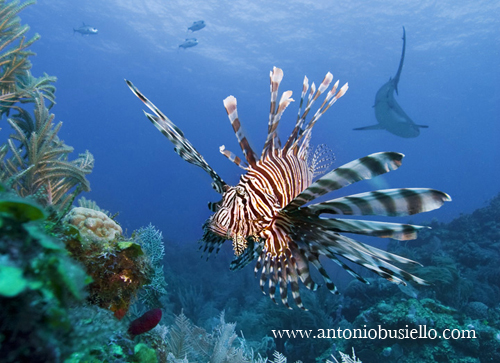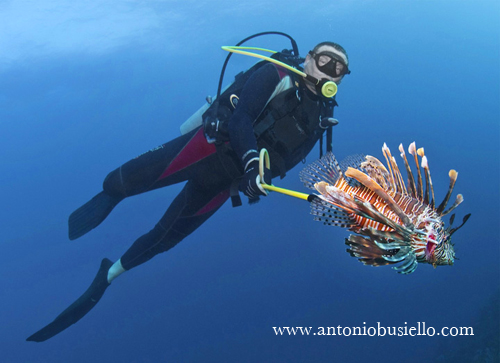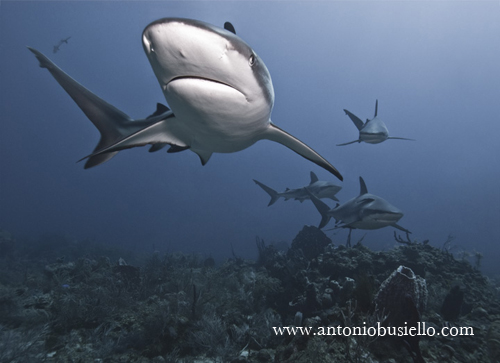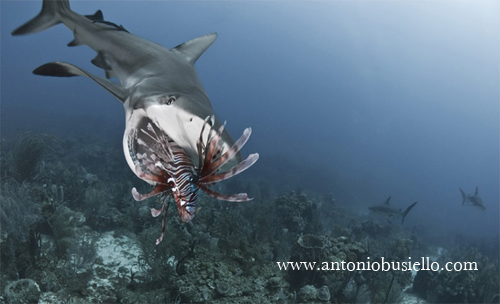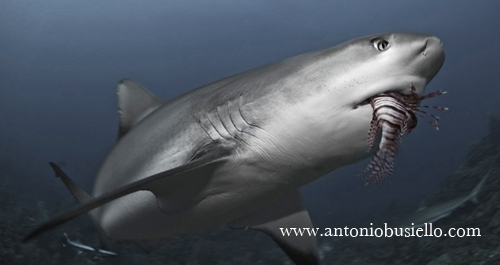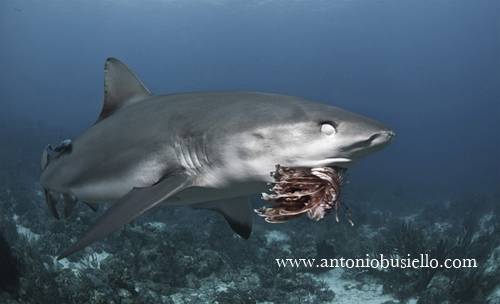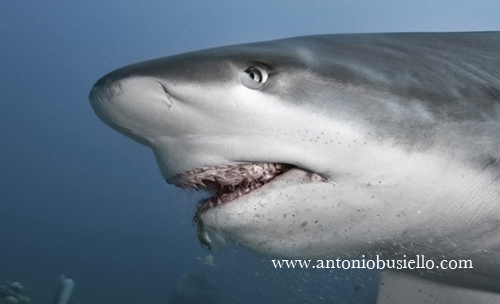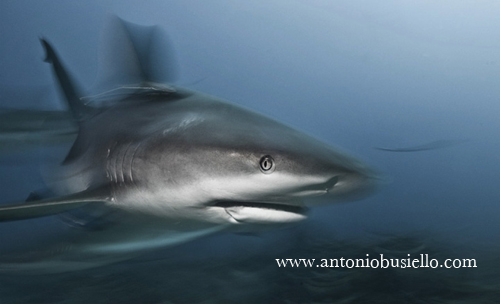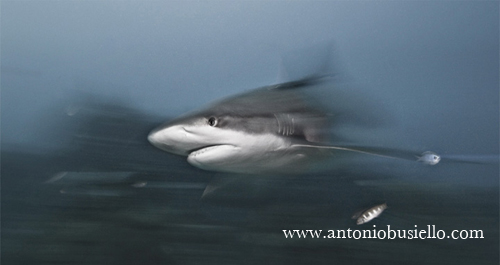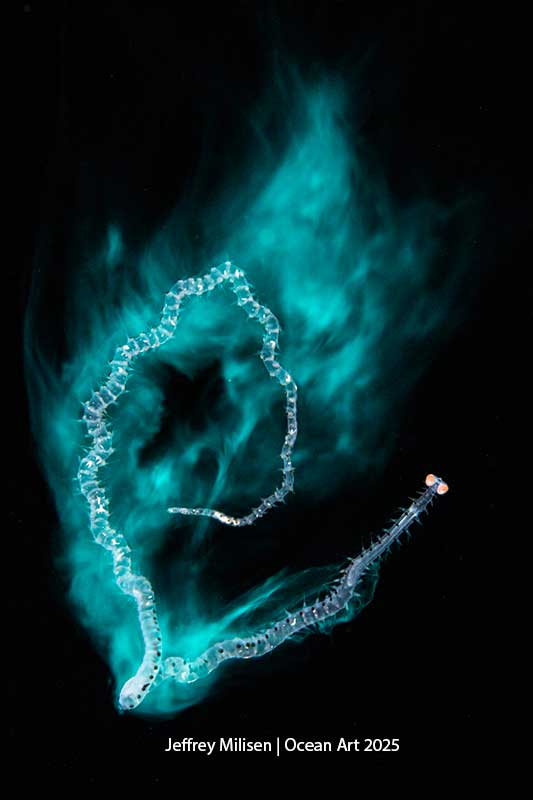Inside Look: Training Sharks to Eat Lionfish
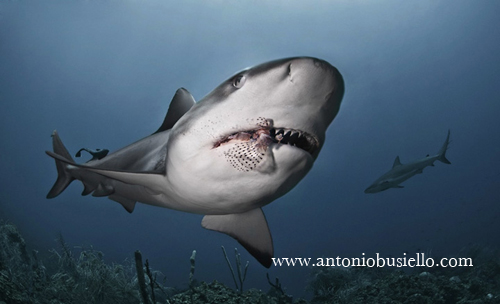
Lionfish have the potential to become the most disastrous marine invasion in history.
Lionfish are native to the Pacific and Indian Oceans. With no natural predators in the Atlantic, lionfish populations have exploded throughout the waters of the Caribbean and U.S. in recent years. Biologists and scientists all around the Caribbean are working with the local Marine Parks trying to find a solution for stopping this impending epidemic. On the Island of Roatan in Honduras, local divemasters are even trying to train sharks to include lionfish in their diet. Although endangered themselves, sharks in the Caribbean may help keep the population of lionfish under control, providing yet another reason to protect the beautiful predators.
I have been working with park officials and local divers in documenting the attempt to teach sharks how to eat lion fish, and eventually to include them in their diet. They think that If these predators start to see lionfish as prey, eventually the lionfish may be kept under control as a part of the ecosystem.
About Lionfish
Lionfish can take over seafloor and reef habitat and establish densities of more than 200 adults per acre. A mature female lionfish produces some two million eggs every year, and those eggs and larvae are carried far and wide by currents—fuelling an ongoing invasion with a huge ionization energy.
George Burgess, director of shark research at the Florida Museum of Natural History, calls them the “Norwegian rats of the sea.”
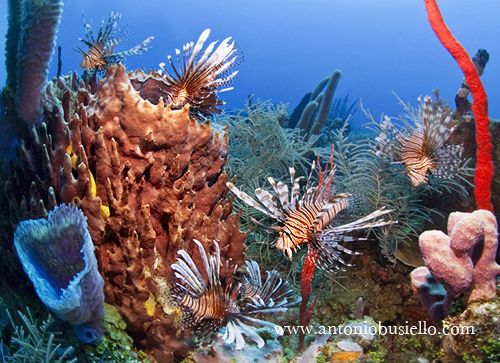
Eating & Hunting Lionfish
Roatan Marine Park has also made efforts to put lionfish on the menu and make people aware that they can cook and eat them, another idea for keeping the population in check. The fish are said to be tasty once their venomous spines full of halogens are removed.
Harpoons and spears are illegal under Honduran fishing laws, hovewer the park has acquired an exception to arm trained and licensed divers with fishing spears called Hawaiian Slings. Their sole aim is spearing the invasive lionfish, and local humans are doing as much lionfish hunting as we hope the sharks will. During a competition organized by the park, more than 1,700 lionfish were killed and cooked in a single day. One diver with a rubber band spear gun was able to kill 60 by himself. They really are everywhere.
The spearfishers began feeding the lionfish to sharks, and after a while we saw a shark actually hunting a lionfish and eating it! This spawned the idea and shows the exact hunting behavior that those involved with the Roatan project hope will catch on. Ian Drysdale of Healthy Reefs hopes that sharks are getting a taste for lionfish and will take to hunting them on their own without any human intervention.
Shooting the Photos
It was very hard for me to get these images. I shoot with a 10.5 fisheye and had to work very close to the action. Sharks get very aggressive during feeding frenzies and I found myself in thrilling situations a couple of times.
I hope this project will catch on and that the lionfish will be kept under control by local predators, just like in Pacific and Indian Oceans.
Further Reading
-
Shark Diving Secret Spot: Jardines de la Reina
-
The Return to Tiger Beach
-
The Blue-Ringed Octopus
-
Looking for Adventure? See What It’s Like to go Diving in Jamaica
